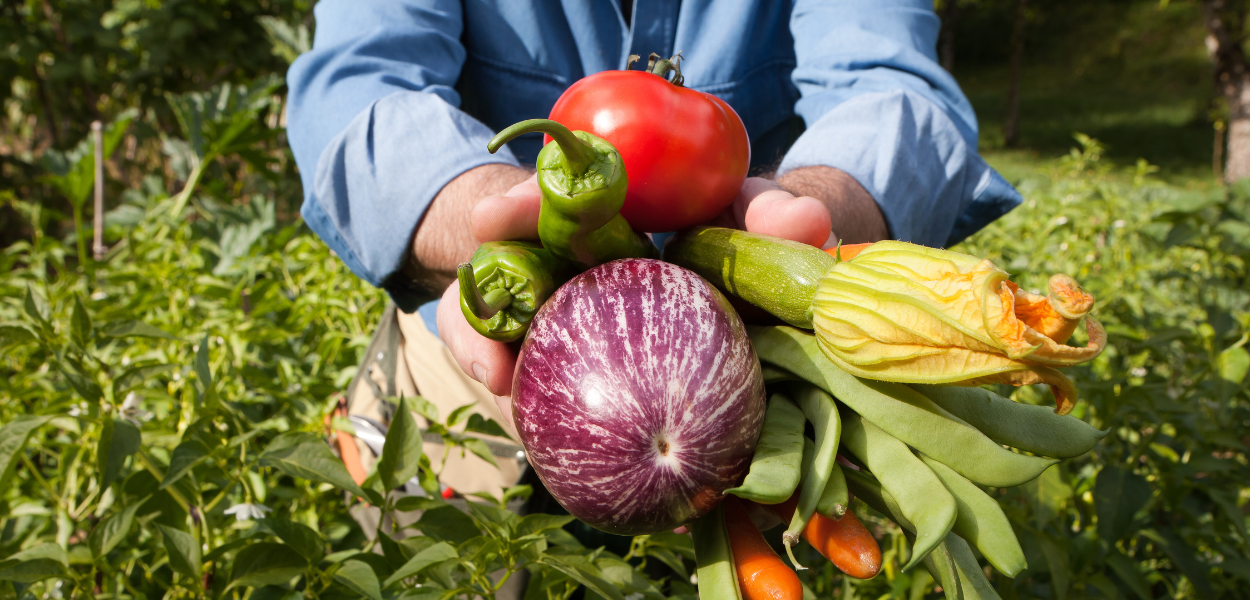SEED FUNDING JOINT PROGRAMMES
Cambodia
Transforming Cambodia’s food systems to become more sustainable, inclusive, and resilient


PROJECT TITLE | Transforming Cambodia’s food systems to become more sustainable, inclusive, and resilient |
| Context | Cambodia’s National Pathway is the outcome of an extensive consultation process, involving more than 2,000 people throughout thirty dialogues, which identifies four priority areas, namely healthy diets for all, empowerment of youth, women and vulnerable groups, resilient livelihoods and food systems, inclusive governance. Acknowledging the risks posed by climate change to hard won development gains and as a co-founder of the Alliance of Champions for Food Systems Transformation, Cambodia is prioritizing the integration of climate change and food systems transformation, building coherence across the agendas. The Council for Agricultural and Rural Development, the government agency coordinating food security and nutrition initiatives in Cambodia, is leading collaborative efforts to translate national aspirations into concrete action. |
| PUNOs | FAO, WFP, UNICEF |
| Contribution to SDGs | SDG 2 Zero Hunger |
| Contribution to other SDG transitions | Climate, biodiversity, pollution |
| Duration | August 2024 – July 2025 |
| Expected financial leverage | $3 million |
| Alignment with SG Call to Action | Policy integration; Food systems governance; Inclusive and participatory design; Private sector engagement |
| Outcomes | The Joint Programme fosters an enabling environment for food systems transformation by enhancing national capacities and policy frameworks, identifying opportunities to unlock financial streams, and strengthening advocacy efforts for food systems transformation. The JP provides crucial support to the alignment of the climate and food agendas, accelerating progress towards resilient, sustainable and inclusive food systems. |
| Partners | Council for Agricultural and Rural Development (CARD) will be the main government counterpart and will coordinate the government activities in conjunction with other key Ministries, including:
|
| Outputs |
|
Join the conversation: IPBES Nexus Assessment seeks expert inputs
IPBES is pleased to announce the start of the first external review of the thematic assessment of the interlinkages among biodiversity, water, food, and health (Nexus Assessment), which is open from 9 January to 19 February 2023 (6 weeks).

The Intergovernmental Science-Policy Platform on Biodiversity and Ecosystem Services (IPBES) has released the first order draft of its Nexus Assessment and is now conducting an open review before the author teams dig back into content. Now is the moment to provide critical feedback to the author teams and help shape the future of the IPBES Nexus Assessment.
This is one of the most important phases in the IPBES assessment process, and the IPBES wants to ensure that the final product reflects the utmost scientific quality, credibility, and policy relevance, encompassing a diversity of disciplines and backgrounds. That's where you come in. By participating in the open review process, you have the opportunity to provide valuable feedback that will help guide the author teams as they continue their work.
Two online dialogues with stakeholders, including practitioners, in the context of the first external review of the assessment, are scheduled 9 February 2023: 9-11 a.m. CET and again at 6-8 p.m. CET. National focal points are welcome to attend the dialogues. Please note that you need to register as a reviewer to participate in the dialogues.
To access the full text and participate as a reviewer, please see here.
